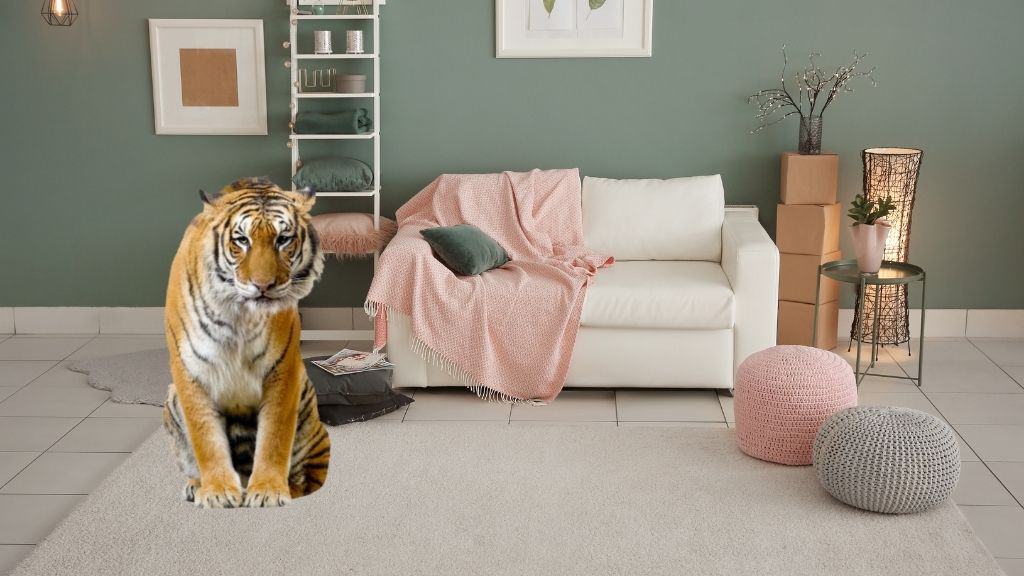Last weekend, while visiting a town a few hours away, I got into a pickle with a parking spot. It was a pretty pesky parking pickle, to be honest with you. And thanks to negativity bias, this particular parking pickle nearly picked apart my whole night.
My wife and I had driven into the town center for dinner and had trouble finding a parking spot. So we drove a few blocks out to a less crowded side street with ambiguous signage and no parked cars. It seemed a little fishy, but we were desperate, so we parked and moved on.
As the night went on, I felt more and more sure we had done something wrong. There was no way we were allowed to park there. We were going to get a ticket, or towed, or worse (I’ve asked myself since, and I’m still not sure what “worse” even meant in my mind).
For the rest of the night, this parking pickle soaked up all my attention like so much brine. Despite a great dinner, exciting conversation, and a nice walk around the cute little town, I was fixated on what could go wrong. By the time we got back to the car (to which absolutely nothing had happened, btw), I felt we had gotten away with some grand scheme. Like I was the getaway driver in a heist.
While I certainly didn’t enjoy it at the time, I’m glad I ran into this perilous parking pickle because it served as a crystal clear reminder of the power of negativity bias.
Is It a Tiger?
As humans (as animals of almost any kind, really), you and I are wired for negativity. We’re more likely to pay closer attention to negative stimuli than to positive or neutral ones.
It’s no mystery why this happens. From an evolutionary perspective, a person who puts a high premium on danger and “bad stuff” is reasonably fit for survival.
Imagine an ancient human running simultaneously into an enticing cache of berries and, say, a tiger. Of course, the tiger should be priority number one. You can come back for the berries later, but you can’t put off dealing with the tiger.
It’s a helpful mechanism, at least in theory. But our modern world is far more complicated than berries vs. tigers. Like when you have a mostly-pretty-good day at work, but all you can think about is the rude thing Janet said to you in that meeting. Janet’s not a tiger (even if she likes to think she’s fierce). She’s not a life-or-death threat, but your brain is still wired to keep a watchful eye on her, just in case.
Or when you have an otherwise great day at the fair but fixate on how bad the food was. That corndog is not a tiger, but our brains don’t always know the difference.
Oh, and the uncertain possibility of maybe getting a parking ticket? Not a tiger.
Negativity Bias and Anxiety
Negativity bias is an essential mechanism for us to have. It helps us identify and deal with potential threats to our health and happiness. But we encounter unfavorable circumstances all the time, and they’re not all equally worthy of our attention.
Some things are indeed dangerous or potentially harmful and are worth addressing immediately. Others are less important but are still worth investigating. Still others we can ignore entirely.
But our instincts don’t know that.
When we let negativity bias take up an outsized place in our psyche, it contributes to a pattern of anxiety. That negative voice gains too much power if we don’t keep it in check. It keeps us asking, “okay, what is the next bad thing I need to watch out for?”
This anxiety can become an unhealthy pattern. It creates a subconscious belief that there is always something wrong going on out there, and we always need to be on high alert.
How Can You Avoid Negativity Bias?
In truth, we cannot avoid negativity bias entirely. Nor would we want to. After all, what about the times we do run into the odd tiger?
For most of us, crossing paths with an actual tiger is highly unlikely. But we still face genuine dangers to our health and happiness from time to time. Figurative tigers. And when they come, it is good that our minds and bodies can prepare us to face them and deal with them appropriately.
You wouldn’t want to avoid negativity bias altogether, just as you wouldn’t want to shut off your ability to feel fear or pain. It may sound appealing in theory until you try it out and realize you need those things.
But just like with fear or pain, we can still take steps to keep our negativity bias in check. We can mitigate its power to ruin a great thing. But at the same time, we can leave it intact when we really need it.
Keeping Negativity Bias in Check
The most important thing to remember with negativity bias is that we always have a choice. Precious little in life is all the way good or bad. Our instincts are great at bringing to our attention various things that may be dangerous.
But you are intelligent. You are more than your instincts. So you can read those messages and decide for yourself what is worth your mental energy.
When instinct shifts your gaze to something negative (and yells, “look! A tiger!”), you have the power to ask yourself, “is this a tiger?” Sometimes it is, and you can deal with that. Usually though, it’s not a tiger. Maybe it’s just annoying, or a bit of a bummer.
In cases like those, the best thing we can do for ourselves is to give it the bare minimum. Save as much time and energy as possible, and return to the parts of our lives that we love.
The choice is always yours. Positive thinking can always make your life better. Unfortunately, ruminating in negativity usually won’t.
Next time your body tells you you’re dealing with a tiger, and you feel your heart race and your muscles tense up, the call is yours to make. If it’s a tiger, you can deal with it now. But if not, allow yourself to let it go and get back to your life.


You might find terror management theory (death anxiety) interesting, because we’re weird to be positive. It’s the reason we think bad things will happen to others rather than ourselves when it comes to stuff like crime, car crashes, and even driving drunk. If we weren’t, we’d all be scared to leave our homes
It’s very interesting the relationship between positive and negative thinking. There’s gear in there for both, but I’d generally rather try to overcome the negative voice to fuel the positive one. Of course, provided the positive voice isn’t ignoring or invalidating a real problem that needs to be addressed or acknowledged.